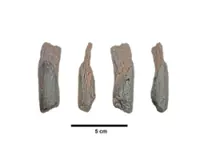The aromatic quality of pandan is due to the presence of essential oils and aromatic compounds within the plant. One key component responsible for the characteristic fragrance of pandan leaves is a compound called 2-acetyl-1-pyrroline (2-AP).
The production of 2-AP and other aromatic compounds in pandan leaves is influenced by various factors, including environmental conditions and soil nutrition.





